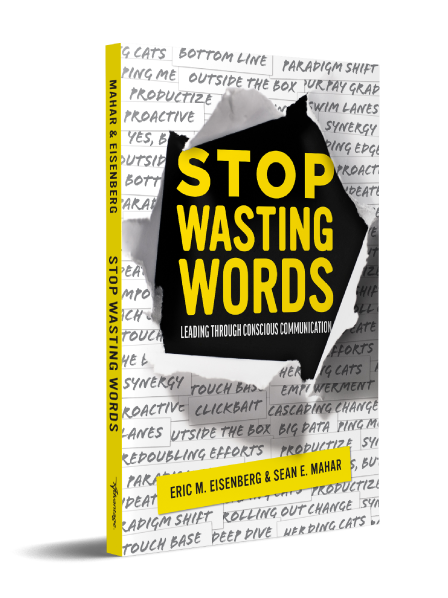All communication consultants share a passion for leveraging their core expertise in how people connect, work and build together, and grow collaborative environments. A communication consultant is aware that the same word can carry different meanings for different people. Therefore, they are trained to listen carefully to hear and understand not only just the words being spoken, but also intentions of the speaker. In this article, we’ll examine what to expect from a communication consultant.
The communication consultant’s expertise
Many communication consultants have multiple talents. One of these advantages is additional knowledge and skill sets in a variety of disciplines, including (but of course not limited to) organizational communication and development, healthcare, psychology, sociology, quality improvement, coaching, small group communication, leadership, training and development, and conflict management. Some consultants work as faculty in universities and colleges around the world. Some work as practitioners providing direct services to clients—and many are also authors.
Communication consultants respect honesty and authenticity; they hear what people say as well as what they do not say. They notice body language like eye contact and eye avoidance, and are keen observers of how people speak with or to each other.
What do communication consultants do?
In many organizations, feedback mechanisms in place prior to engaging the communication consultant fail to enable discovery of the problems or lead to naturally corrective feedback. A communication consultant can perform many roles within an organization. But each individual may have their own specialties, which means they may have some combination of the following skills, along with any number of other talents. These can include:
- Investing heavily in the diagnostic phase of a consult, working hard to understand clients’ (or stakeholders’) needs.
- Asking clarifying questions to pursue the root causes of perceived problems
- Checking for grasping to affirm they understand the client or stakeholder’s needs
- Using a variety of assessments for individuals and 360 assessments for colleagues or direct reports to gather other people’s perceptions when needed
- Supporting the client’s implementation of changes needed to resolve initial concerns.
- Reducing the time between problem identification and implementing a workable remedy.
- Using experiential learning when working one-on-one with clients or when designing education and training programs.
- Partnering with the client or stakeholder to clarify how people in the organization created and/or are contributing to perpetuating the perceived challenges.
- Enabling and supporting clients to resolve challenges (as opposed to creating dependence on the consultant)
- Fostering increasing communication strengths of clients, stakeholders, and team members
- Facilitating any number of the following types of issues:
- Client (individual and/or team) ownership of the challenges
- Client’s ability to set new goals and indicators as well as measure success
- Inclusive implementation plans as opposed to compliance-based implementation plans
- Developing new feedback mechanisms that monitor collaborative progress as well as continuous improvement processes.
Conclusion
Professional teams and their leaders who are very good at their jobs may not always be superb communicators. Unconscious company culture and communication patterns can cause an organization to fall into a rut of hard-to-break habits that sabotage the overall mission and vision, which can stifle ideas and creativity, reducing them to command and control language.
Improving communication throughout an organization benefits everyone in the enterprise, from team members to leadership to customers and clients. A communication consultant can help an organization better understand its purpose, audience, measures of success, and other ways to improve and increase the bottom line.
If you’re in the market for a communication consultant, please feel free to reach out to the Stop Wasting Words team. We’d be happy to discuss your needs.

